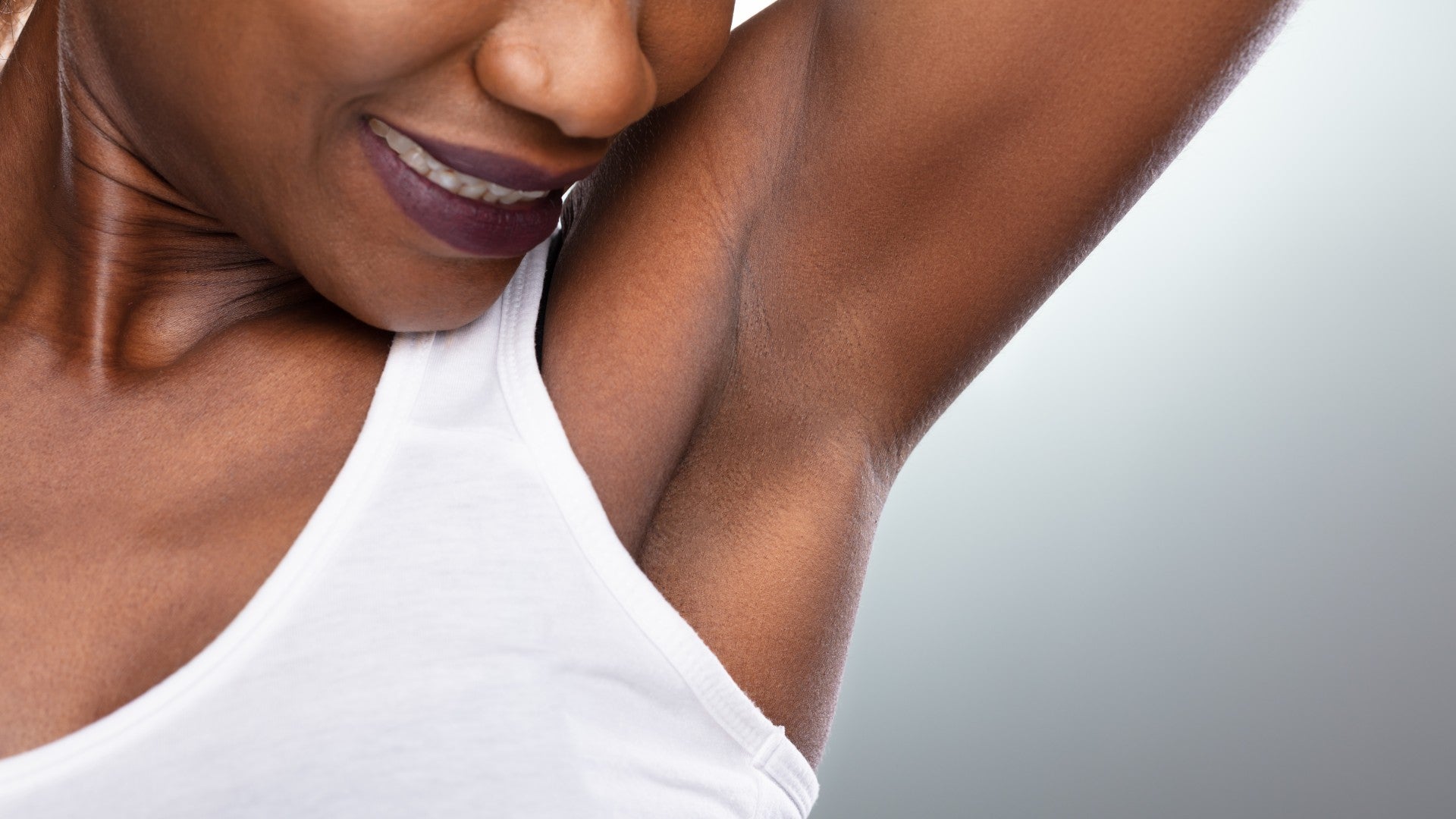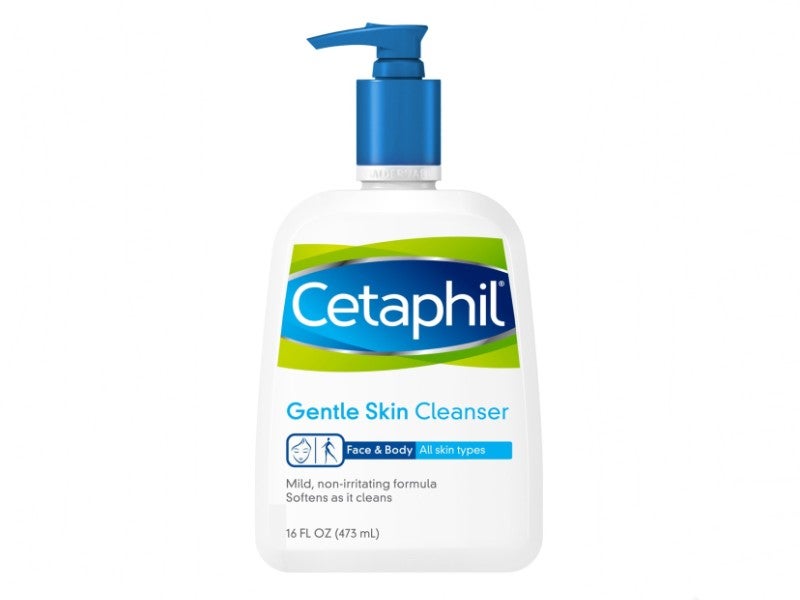
We know that as the weather changes, so do our skincare and beauty routines. The products we use for summer aren’t necessarily the same go-tos we’d grab when it’s cold outside. And I had used some amazing products through the summer so it was hard to let go of a few for that fall skincare switch. But after unsuccessfully treating a bad bout of acne that swooped in as the warm season came to a close, I realized it was time to put my products on pause, and see a professional.
So I took a trip to midtown to see board certified dermatologist Dr. Michelle F. Henry M.D. of Laser & Skin Surgery Center of New York. I’ve had great experiences with dermatologists of all genders and races. But I wanted to get the opinion of a woman with melanin rich skin who sees and treats a plethora of skincare concerns, and specializes in skin of color.
After treating my budding breakout and coming up with a morning and night routine to keep the pimples at bay while diminishing the appearance of my hyperpigmentation, the good doc answered my additional questions, some of which ESSENCE readers have peppered me with at events, in my travels, and even at the grocery store.
Some of her answers were reminders in keeping good skin health habits. Other answers were eye-opening, and made me realize that there are so many skin ailments lurking out there that we don’t know enough about. And she reminded me there’s always room to be better when it comes to product use.
As the season changes from hot to cold for many of us, what is one thing you recommend women do for their skin to adapt?
During the winter, the cold weather outdoors strips the skin of its moisture. Indoors we warm up with radiators which also strip our skin of moisture. These changes can leave our skin dry or dehydrated. It’s critical to increase the hydration to the skin during the winter months. I recommend switching from lotions to cream moisturizers and from foaming to cream cleanser to encourage hydration of the skin.
My pores were clogged, but my skin is dry. Most people believe clogged pores are the result of oily skin so how do those two things exist at the same time?And how do I prevent my pores from clogging without stripping my skin of moisture going forward?
You are right. This happens less often, however, one can have oily dehydrated skin or dry skin that has clogged pores due to poor product use. Exfoliation and hydration will help.
I recently heard of these things called milia and I thought my clogged pores were those. What are milia and how do they affect Black women?
Milia are formed when old skin flakes become trapped underneath the surface of the skin creating small cysts. They look like whiteheads, but the only problem is you can’t pop them. They can arise spontaneously, secondary to trauma, friction, sunburns or even heavy moisturizers.
What can Black women do to prevent milia?
Black women can try to prevent milia by avoiding excess friction to the affected area, avoiding excess sun exposure and limiting the use of heavy, occlusive, oily topical products.
Is placenta really good for the skin? Do you recommend it for facials or as an ingredient in products?
Placental extracts may contain proteins and growth factors thought to potentially protect and brighten the skin and stimulate collagen. Further research needs to be done to evaluate the long-term effectiveness of treatments using placental extracts.
Why do Black women suffer from hyperpigmentation under the arms?
There are many reasons Black women suffering from hyperpigmentation under their arms including aggressive shaving. The friction and irritation from shaving aggressively or without friction reducing shaving cream can cause irritation, inflammation, and ultimately, hyperpigmentation. Inflammation from sensitizing deodorants, lotions, fabric detergents or fragrances can cause hyperpigmentation. And friction from clothing may also cause hyperpigmentation.

What can we do to treat or brighten it aka get our best Tracee Ellis Ross underarms while in the cold weather months?
Stopping any of the inciting causes including aggressive shaving, sensitizing deodorants, lotions, fabric detergents or fragrances and tight clothing are key. Topical skin care regimens containing ingredients like hydroquinone, arbutin, kojic acid, azelaic acid, licorice, tranexamic acid and vitamin C can help to reduce hyperpigmentation with time.
